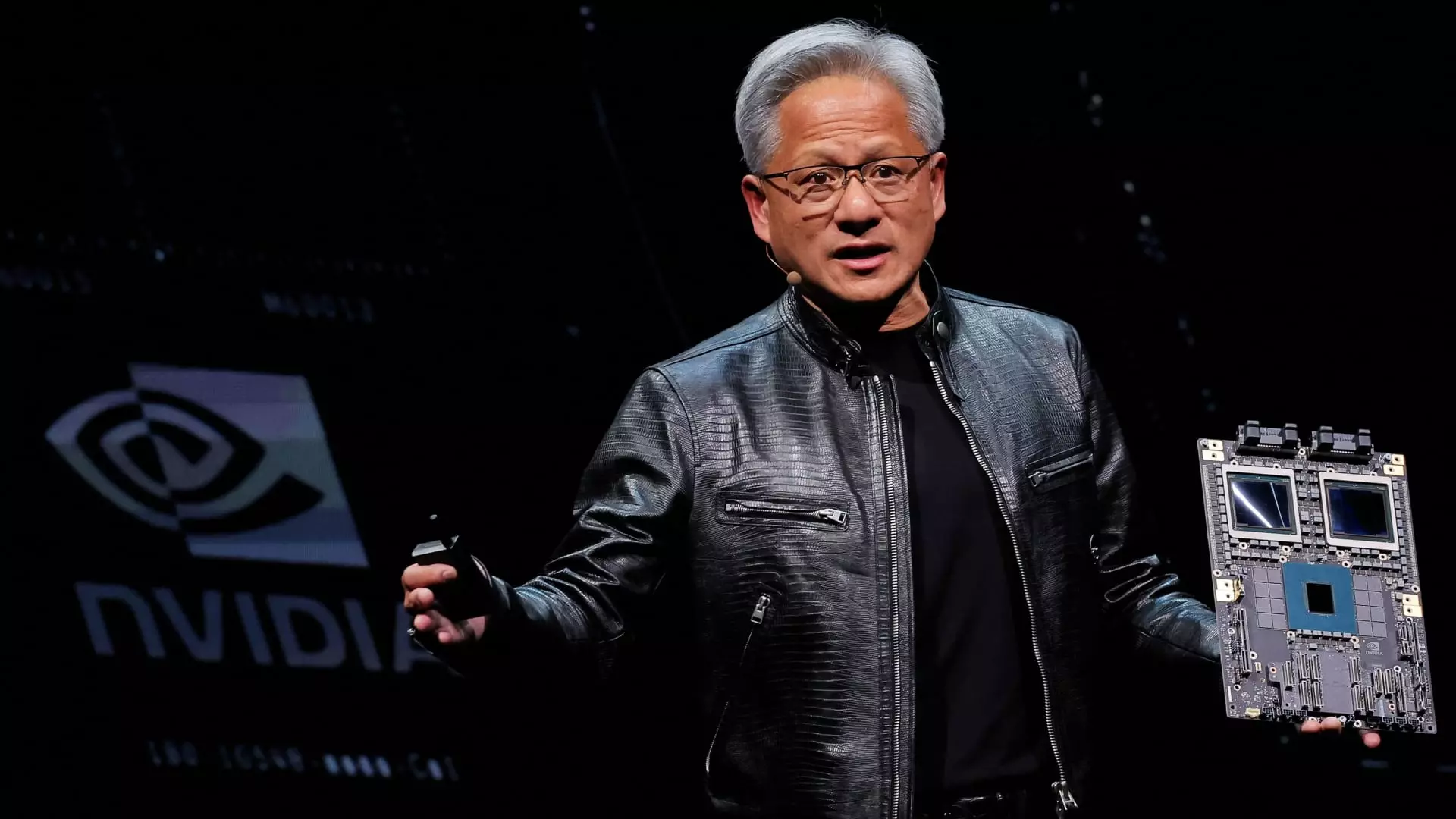Nvidia’s recent surge in the stock market has led to a significant impact on the Technology Select Sector SPDR Fund (XLK). With Nvidia’s market cap exceeding $10 billion, the ETF will have to adjust its holdings by acquiring more shares of the chip giant while drastically reducing its exposure to Apple. The current top stocks in the index are Microsoft, Nvidia, and Apple, but diversification rules limit the cumulative weight of individual stocks in the fund.
Due to the index rules, Microsoft and Nvidia are expected to have a weight of around 21% each, while Apple’s weight will decline to about 4.5%. This marks a significant shift from the previous weightings, where Nvidia’s weight was kept artificially low. The rebalancing highlights the importance of diversification in an ETF to manage risk and exposure to individual stocks.
The battle for the top two spots in the ETF came down to the wire, with all three companies – Microsoft, Nvidia, and Apple – boasting market caps of over $3.2 trillion. However, slight variations in market cap data from different sources can impact the final calculations used in the index. The XLK, with around $71 billion in assets under management, will see a more than $10 billion shift in holdings due to the rebalance.
The significant change in the XLK ETF serves as a reminder that even passive index funds can experience divergence, particularly in niche market segments. Understanding the weightings, allocations, and rebalance frequencies of ETFs is crucial in assessing the underlying exposures and potential differences in performance. This rebalance is a prime example of how index rules can influence the composition of an ETF and its exposure to individual stocks.
The Technology Select Sector Index from S&P Dow Jones Indices, followed by the XLK ETF, uses a float-adjusted calculation to determine market capitalization. This adjustment accounts for large holders of individual stocks who are unlikely to trade regularly, such as Warren Buffett’s Berkshire Hathaway holding more than 5% of Apple. The float-adjusted market cap ensures a more accurate reflection of a company’s true market value.
The rebalance will officially take effect at the end of the week and will remain in place for one quarter, regardless of any significant outperformance by Apple or Nvidia. This process is essential in maintaining the fund’s desired exposure and risk profile. The adjustment in holdings reflects the dynamic nature of the market and the need for ETFs to adapt to changing market conditions.
The forced adjustments in the XLK ETF due to Nvidia’s rally underscore the importance of monitoring and understanding the composition of ETFs. Diversification, float-adjusted market cap calculations, and rebalancing processes all play a crucial role in ensuring the fund’s alignment with its investment objectives. Investors should pay close attention to these factors to make informed decisions about their ETF holdings.

Leave a Reply